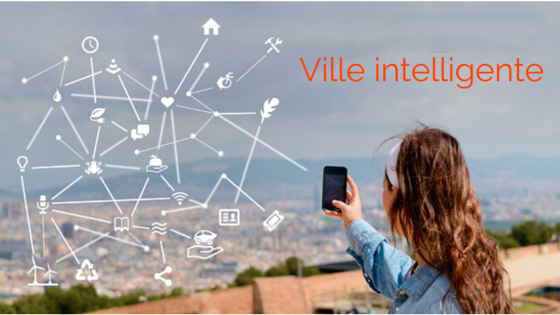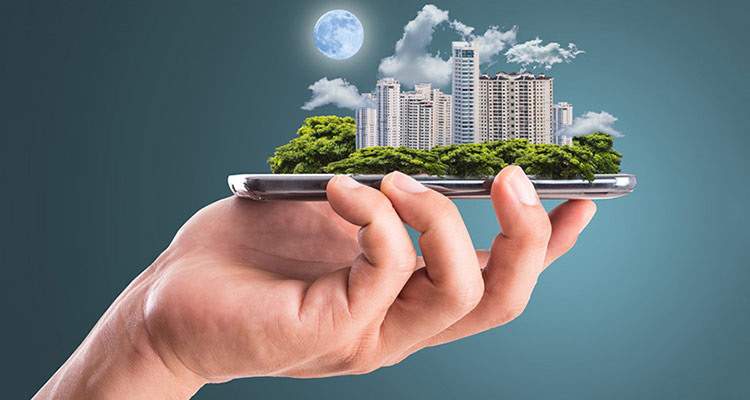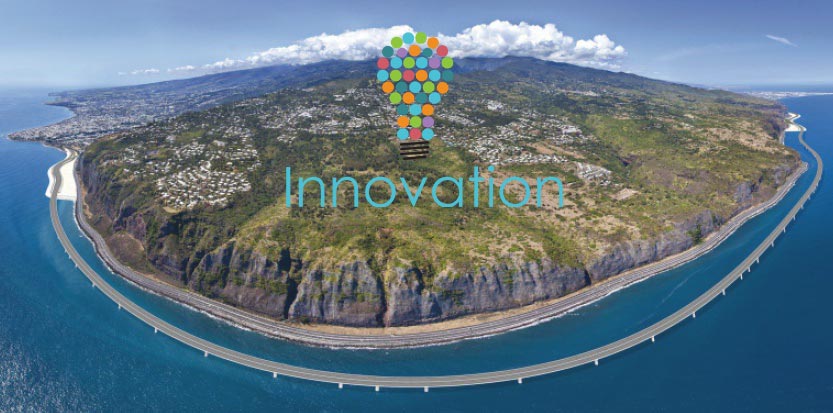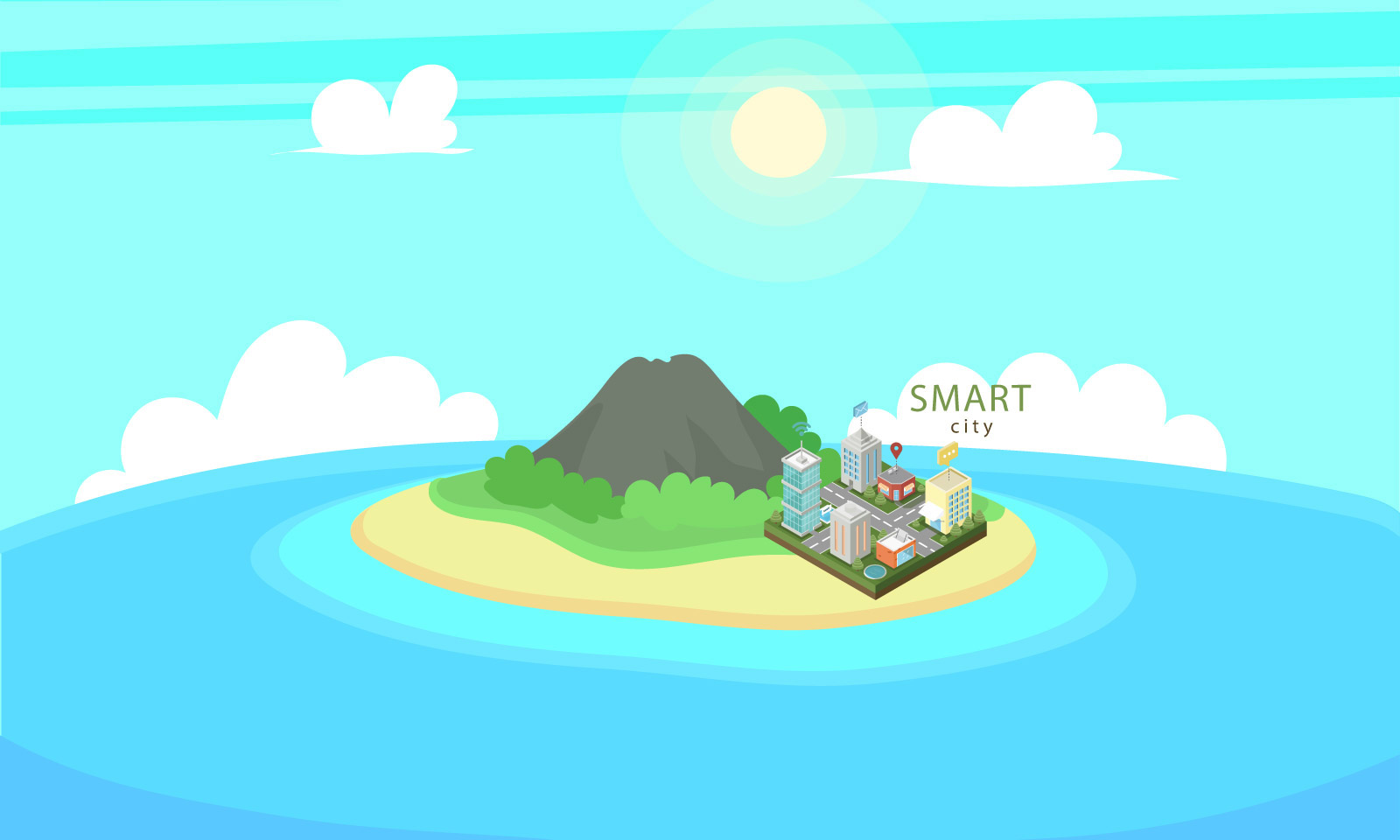Behind the concept of SmartCities, the media build a vision of the future that is often fantasized. We are promised a virtuous technological urbanism, which will be able to respond to the energy, social and ecological challenges of tomorrow, an “augmented” city made intelligent by new technologies.
Recent technological advances suggest that we are on the cusp of a revolution that will combine smart materials, the Internet of Things, the cloud and mobility in optimized and automated ecosystems.
The main lines of development are concentrated around interdependent sectors:
- Energy (sustainable energy production, network optimization via Smart Grids)
- mobility and intelligent transport (reduction of travel time, pollution, isolation)
- Construction (optimizing the durability and safety of materials with a smaller energy footprint)
- infrastructure and the environment (optimization of water and waste treatment circuits)
- economy and politics (facilitating the circular economy and better integration of citizens)
Avant-garde models already exist: cities that have been “optimized” from the outset (Dubai, Singapore), energy self-sufficient countries (Costa Rica, Denmark), advanced citizen governance (Estonia, Barcelona), and cities equipped with sensors (London, Oslo).
These promises must be tempered: it is too often forgotten that the examples remain a minority and are integrated into very specific contexts. For example, in Singapore, 75% of housing is…public. It is obviously much easier to coordinate an urban planning policy!

We must not be naive in the face of these new technologies either. Just like Artificial Intelligence, smart cities will be programmed to act according to choices defined by companies or public policies: just like today!
The smart cities of tomorrow!
The concepts of “self-managed” or even “self-generated” cities (printing and repairing themselves) also make us think about the place of people, heritage and individual freedoms. These cities will certainly be more efficient, but at what cost?
On our scale, the subject of SmartCities (or a “SmartIsland”) is particularly urgent. We live in tropical island systems that are subject to strong pressures linked in particular to significant demographic growth, less and less available land, limited resources, climatic specificities that need to be taken increasingly seriously, and strong inequalities, whether social, economic or health-related.
These problems are very specific to us; it is difficult to imagine importing ready-made solutions and no one will design them specifically for us. If solutions adapted to continental territories emerge, their problems will not be the same and it will take time to adapt them to our “small” markets.
Experimentation is a prerequisite
The models and tools that will enable us to intelligently manage our territories with the support of technology must therefore be invented, or at least adapted.

To create these tools, we at Seyes are convinced that we need to experiment, experiment and experiment. Consider the territory not only as a sanctuary, but as a giant “living lab”, a respectful innovation laboratory, which works with the territory to better preserve it.
Reunion has everything it takes to become a laboratory for tropical and island technologies: know-how, infrastructures, technologies and investment capacity. All we need is the courage to take the risks inherent in all Research & Development. Governing bodies and funders must accept that the experiment may fail. We need to launch as many initiatives as possible and not forget that the ones that seem to sell the most are not necessarily the most relevant in the long run.
Today, a contractor cannot freely experiment on a road, a building, or in the electrical network, only the owners of these networks have the capacity to do so. And experimentation is unfortunately not yet part of their culture (it’s the opposite of a tender!).
Everyone has the ability to innovate!
We know today that innovation no longer comes ONLY from large groups and research laboratories. They remain indispensable in terms of fundamental research and disruptive innovation, but are complementary to startups, which are small, light structures that are much more responsive.
We also innovate on a daily basis by testing, by “tinkering” in a real situation and this is how we will produce solutions that are adapted to our needs, agile, economical and ecological. This is what is known as frugal innovation or “jugaad”, an innovation that is inexpensive, spreads quickly and responds to key issues in developing territories.

Reunion has always shown an extraordinary capacity to adapt by finding solutions to its problems in a simple and efficient way, sometimes with answers that remain enigmas for “the rest of the world”, even if it is obvious to us. The pollination of Vanilla, the social role of Freedom, the Tomi huts, the valorization of Biomass, the capacity of resilience in times of war, the invention of tropicalized paints or the current level of deployment of the fiber: so many proofs of this capacity to innovate, creating endemic answers to our local problems.
Tropical SmartCities are therefore to be invented, imagined, prototyped and experimented with for a better life together tomorrow.



